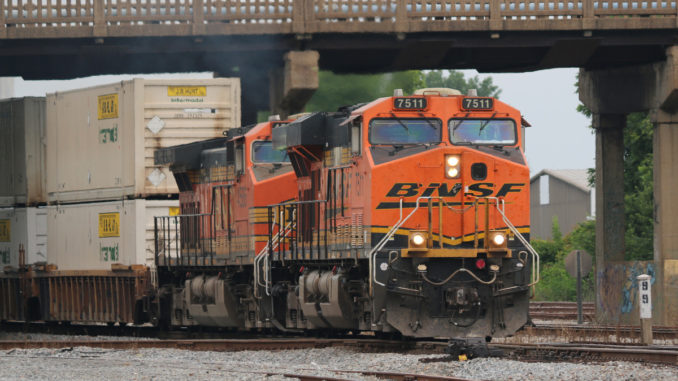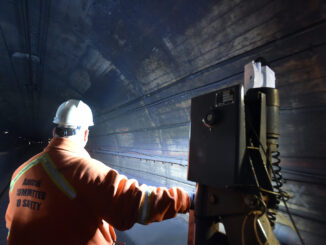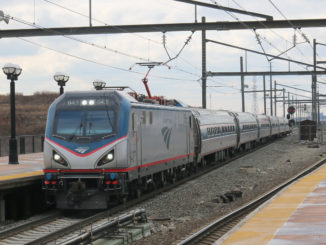
The U.S. Senate Committee on Commerce, Science and Transportation has advanced the Surface Transportation Investment Act.
The measure authorizes $78 billion over five years to address infrastructure and safety priorities, including $36 billion for rail, $27.8 billion for multimodal grant programs and $13 billion for safety programs. It also reauthorizes several federal agencies, including the Federal Railroad Administration (FRA).
On the rail front, it authorizes more than $25 billion over five years for intercity passenger rail. This bill funds Amtrak’s long-distance routes, provides funding to address the Northeast Corridor project backlog, and encourages expansion of passenger rail corridors with State support.
It also sends $7.5 billion over five years for rail safety and improvement projects, including a new $500 million per year grant program to eliminate grade crossings and a significant increase in funding for the popular Consolidated Rail and Infrastructure Safety Improvement (CRISI) grant program.
Additionally, proponents argue the measure improves the Railroad Rehabilitation and Improvement Financing Program (RRIF). It authorizes $50 million per year for credit risk premium assistance similar to other U.S. DOT loan programs, expands eligibility to transit-oriented development projects and landside port infrastructure, and codifies the RRIF express program targeted at smaller and rural project applicants.
The American Short Line and Regional Railroad Association (ASLRRA) announced its support for the bill following its introduction on June 10.
“ASLRRA commends the strongly bi-partisan approval of the Surface Transportation Investment Act out of the Senate Commerce Committee this afternoon,” Chuck Baker, president of ASLRRA, said in a statement. “This action shows that our elected officials can work together to bring meaningful legislation forward – legislation that will support the continued strength of the U.S. freight transportation network, and in particular the growth of small business freight railroads, allowing us to serve America’s freight shippers, support the communities we operate in throughout America, invest in safety and service improvements, and contribute to continued reduction of the environmental impact of freight transportation.
“Specifically, for short line railroads this bill provides excellent competitive funding opportunities and avoids unnecessarily burdensome regulations that would limit our ability to help grow the economy and protect the environment in every part of America,” Baker added. “We look forward to further engagement with both the Senate and the House as they work to advance a bill that can get to the President’s desk.”




